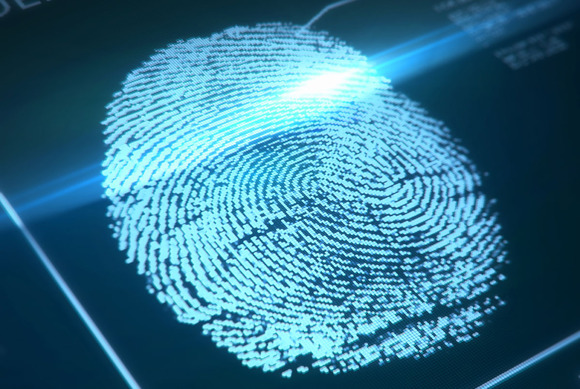It’s official: Microsoft Windows 10 is the most secure Windows ever made

Privacy and security will always be two concepts at odds with each other. Depending on where your priorities lie, you may tend to love one, and hate the other with a passion.
If you have ever been the victim of ransomware, or any other kind of devastating cyber attack leading to financial loss or identity theft, chances are that the idea of higher security will be more appealing to you, than that of preventing Microsoft, Apple or Google, from collecting what is typically anonymous data.
On the other hand, if your are the type of user with a better understanding of security, and statistically safer habits, privacy concerns might carry a higher priority, as the likelihood to fall for common social-engineering attacks, like spoofed emails, bogus text messages, or links embedded in social media messages and posts, will be less than the average user’s.
Compared to any previous version, Windows 10 is a far more secure operating system in every aspect, and as of late, it also includes Ransomware countermeasures that help fight back malicious code attempting to encrypt files and folders without authorization. Even better, third party patches are being developed to protect the first sector of the system hard drive from being overwritten with a Ransomware-bugged boot loader.
Work environments can be particularly vulnerable to cyber-attacks. Workplace laptops and desktops are often left unattended, and vulnerable to threats that can come in from outside, or inside of a network, and also vulnerable to direct action.
Some of the improvements made to Windows 10 extend to Microsoft Edge and Microsoft Mail as well, which is now capable of using machine learning to detect email threats, while Microsoft Edge has substantially improved in detecting web-based attacks by using smart filters to block access to dangerous websites.
Privacy is illusory
Some may argue that without privacy there is no real security, but the reversed argument is equally valid from a relatively shallow point of view that stems from the assumption that the only privacy at stake is desktop privacy. Even if we were to block all telemetry, including GPS location services, Bluetooth, Wi-Fi, gyroscopic sensor data, and audio/video hardware on all of out Windows 10 PCs, we would still carry around an even more serious security flaw, outside of the scope of our PCs: smartphones.
There is no way to secure a smartphone, and considering that most smartphones are directly linked with PCs through backup and file-sharing apps like Google Drive, DropBox, and similar tools, as well as built-in backup systems baked into the mobile OS of choice, it’s easy to see how data collection from any desktop operating system has the slightest impact on the grand illusion known as “privacy”.
The truth is that the bulk of personal data collected by companies, or malicious hackers, is garnered through the analysis of data and user activity that is very much public, with most of it coming from public social media interactions.
Anybody capable to code a machine learning algorithm, and with the ability to purchase and setup a GPU-driven machine designed to track and analyze publicly shared data, can gather enough information to pinpoint very user-specific patterns.
For the benefit of the uninitiated: if privacy is your priority, anonymous data collection from your choice of operating system manufacturer is the least of your problems, unless off-the-grid lifestyle appeals to you.
Ready to shop?
PortableOne has the best deals on Windows 10 Pro laptops, featuring the latest hardware-based security features, and full BitLocker encryption to protect your files from prying eyes.